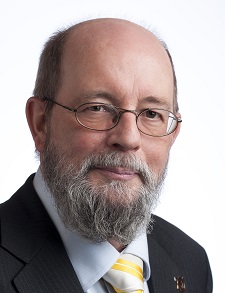Temporal Justice, Youth Quotas and Libertarianism
Main Article Content
Abstract
Quotas, including youth quotas for representative institutions, are usually evaluated from within the social justice discourse. That discourse relies on several questionable assumptions, seven of which I critically address and radically revise in this contribution from a libertarian perspective. Temporal justice then takes on an entirely different form. It becomes a theory in which responsibilities are clear and cannot be shifted onto the shoulders of the weak and innocent. I shall only briefly sketch some outlines and general implications of such a theory, arguing that it offers too little guidance for our imperfect world. While that implies more tolerance for quotas, I nevertheless propose an alternative more suited to a representative, deliberative democracy: veto rights.
Article Details
Section
Articles
Articles in IGJR are being published under the Creative-Commons License "CC 4.0 BY". On the basis of this license, the article may be edited and changed, but the author always has to be credited for the original work. By sending your article to IGJR, you agree to the publication of your article under this license. Please contact us if you do not want to have your article be published under CC 4.0 BY.

